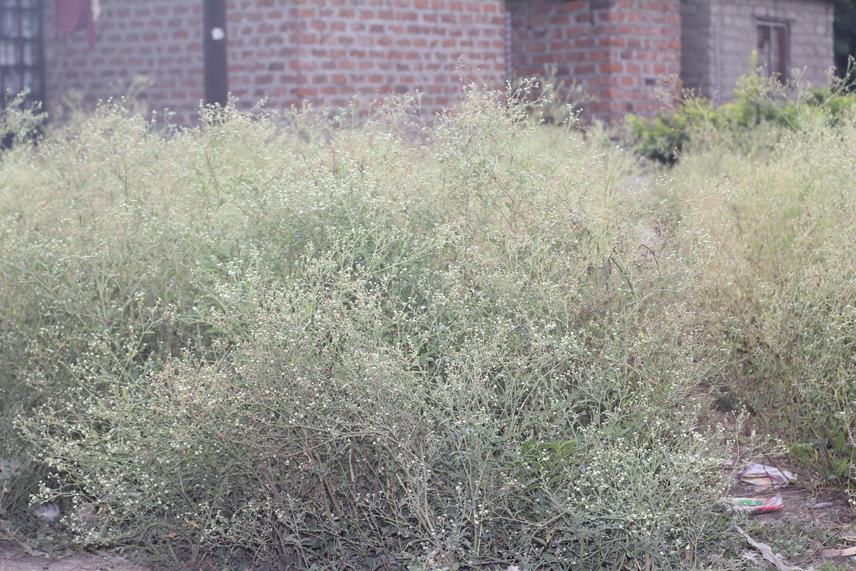Warda Kanagwa
Other projects
22 Jan 2019
Biological Control and Socio-Economic Impacts of the Invasive Plant Species Parthenium hysterophorus in Arusha, Tanzania
This project originates from my previous Rufford-funded project which focused on effectiveness of biological control and socio-economic impacts of the invasive Parthenium hysterophorus in Arusha, Tanzania. We found that 35% and 22% of the interviewed household were aware on the spread of the invasive P. hysterophorus and the use of biocontrol agent (Zygogramma bicolorata) respectively. Our experiment revealed that Z. bicolorata is effective in controlling P. hysterophorus by reducing vegetative growth (number of leaves, flowers, seedbank) and biomass. On the other hand, we tested a novel approach using naturalized extracts of Dovyalis caffra and Cassia auriculata, two readily available and often cultivated plants in Tanzania, and compared their effectiveness in suppressing P. hysterophorus with the chemical 2,4-D Dimethylamine. The study reviled that P. hysterophorus growth parameters were suppressed already at low and even further at high treatment concentrations. However, the natural extract Dovyalis caffra fruits in high concentrations had an effect that was as strong as chemical herbicide (2,4-D), highlighting that this environmentally friendly herbicide and the beetle can be used effectively and environmentally friendly. Therefore, this study aims at increasing awareness on the spread and demonstrate the use of biological control measures in suppressing P. hysterophorus in Northern Tanzania.

Parthenium hysterophorus dominating along settlement areas in Arusha region Northern Tanzania. ©Warda Kanagwa
This study is expected to be expanded in other areas apart from the previous covered study areas in Northern Tanzania. We are expecting to cover at least 5 wards in Manyara region and 5 wards in Arusha region which are highly infected by P. hysterophorus. At least 200 people (total of 2000 people) from each ward will be trained in this project. The study will also generate information for a better understanding on the spread and the use of biological control measures in suppressing P. hysterophorus. The study trainings will contribute to reduce the spread and effects of the invasive species in the selected areas. The knowledge impacted among community members on the controlling of this specie will help in easily management of the invasive species and thus directly archive on the increasing of agriculture production, rangelands productivity and biodiversity sustainability.